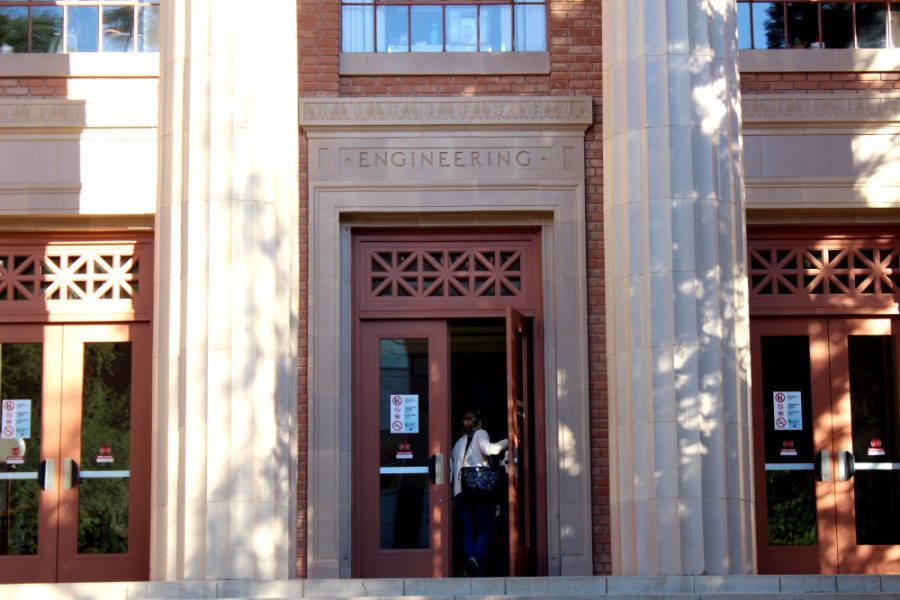Frank Porreca, professor of Pharmacology and Anesthesiology at the University of Arizona College of Medicine, recently received the Ronald Melzack Lecture Award for his work. His lecture, “Reward and Motivation in Pain and Pain Relief” was presented at the International Association for the Study of Pain’s 16th World Congress on Pain in Yokohama, Japan last month.
For the past 28 years, Porreca has been researching the effects of chronic pain on the behavior of the brain. His award-winning lecture was a display of his team’s innovative research on the experience of pain.
Porreca and his colleagues have found that the relief of pain is a natural reward that produces a hedonic state. Porreca and his laboratory focus their research on revealing the mechanisms by which the motivation for the relief of pain and the hedonic qualities of pain relief occur.
“…the relief of aversive states is rewarding,” Porreca said. “Relief of aversiveness is not specific for pain [e.g., itch, thirst, hunger, cold],”
Their findings are helping to shape the way we treat chronic pain and the behaviors associated with it.
“We want to understand how relief occurs and we have demonstrated that pain relief activates dopaminergic reward circuits,” Porreca said. “Activation of these circuits is important in promoting learning through reinforcement of behavior including negative reinforcement [termination of aversive stimuli] and positive reinforcement [generation of a positive hedonic quality].”
Porreca was also awarded a five-year, $2.5 million grant from the National Institute on Drug Addiction to continue his research, with the hope of finding new ways to treat pain that won’t elicit side effects typical for chronic pain sufferers, including diminished quality of life and risk for addiction. Experimental nerve blocking and non-addictive pharmaceuticals are only a few of the progressive new ideas generating from Porreca’s research.
“It is important to distinguish the medical use of opiates for the legitimate treatment of pain from the misuse of opiates,” Porreca said. “Our emphasis is on the relief of acute pain and chronic non-malignant pain, and, to some degree, cancer pain. How, or if, opiates should be used in patients continues to be studied and explored.
Pain relief is annually a multi-billion dollar industry. Porreca spoke about the pharmaceutical industry’s role in pain research.
“I am not defending all of the actions of pharmaceutical companies,” Porreca said. “However, without pharmaceutical companies, there would be no new medicines … We need new medicines and ideas from academia that are complementary to ideas generated by pharmaceutical scientists that may ultimately lead to discovery and development programs.”
The Ronald Melzack Lecture Award given to Porreca is selected by the Scientific Program Committee.
“The award was recognition of the work that my laboratory is doing in approaching the understanding of pain in a way that is somewhat different from many other investigators in the field and perhaps in line with the work that professor Ronald Melzack did,” Porreca said, regarding what the award meant to him and his team.
Aside from his research, Porreca holds professorships in anesthesiology and pharmacology and is also a member of the Arizona Cancer Center.
“I became interested in studying pain indirectly,” Porreca said. ” … The study of endogenous opioid systems naturally led to investigations of how pain and relief of pain occur and that has driven my research.”
Follow Chandler Donald on Twitter.









